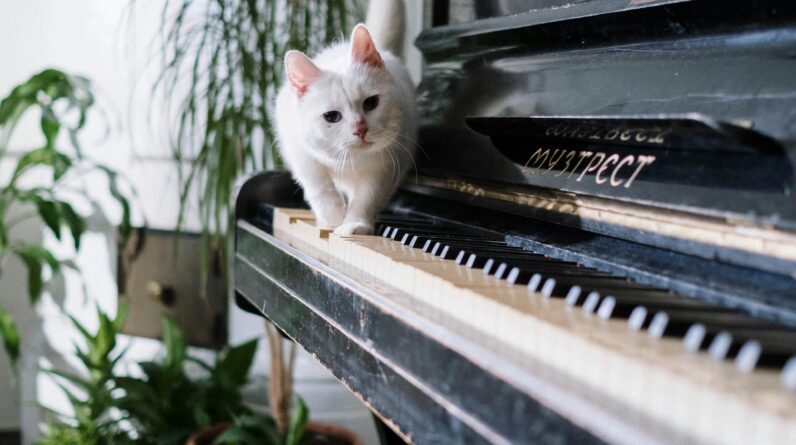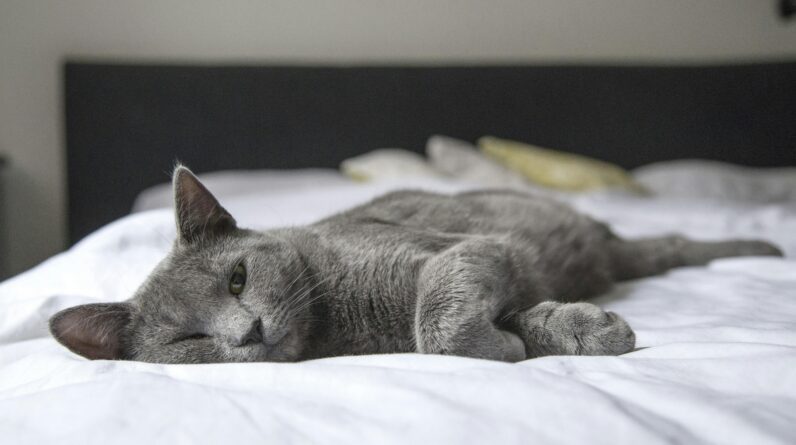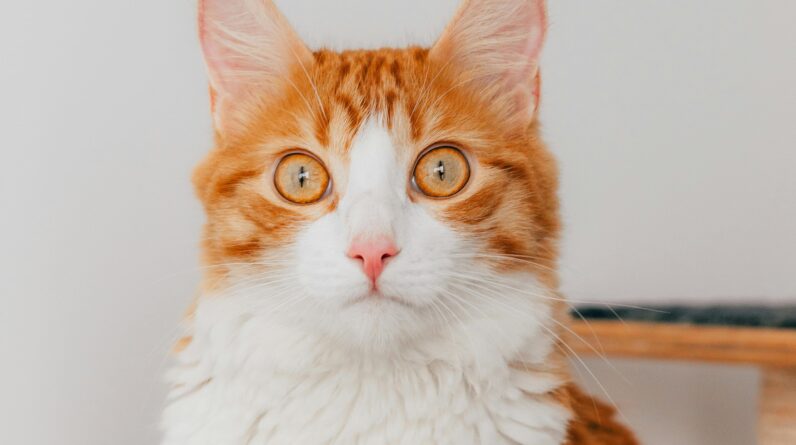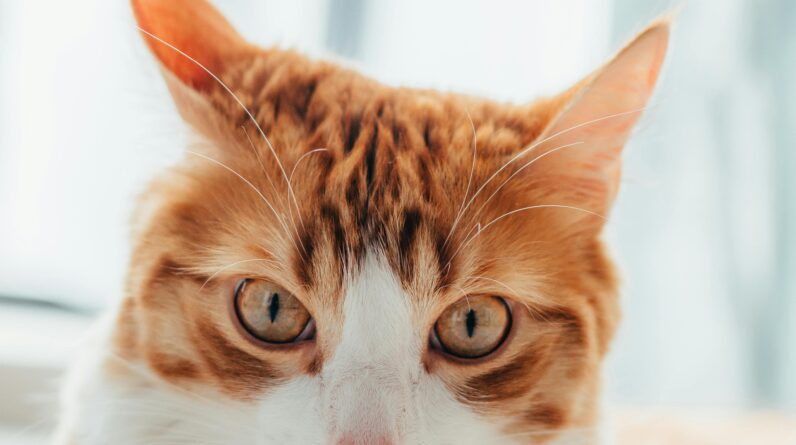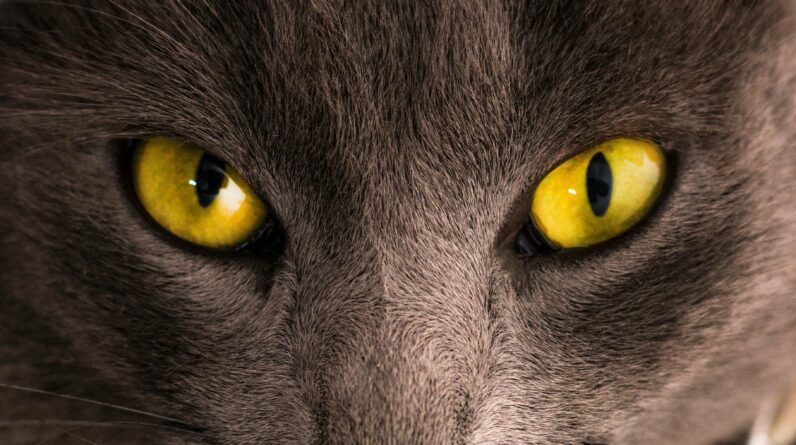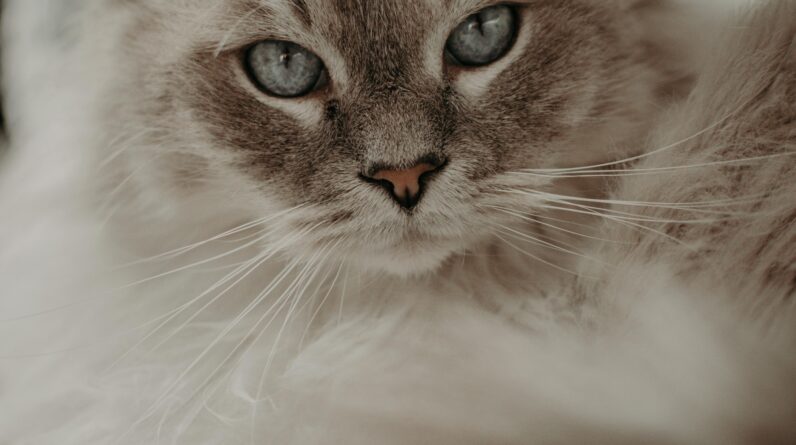
Home Remedies for Hiccups in Ginger Cats: A Comprehensive Guide
As a ginger cat owner, noticing your feline friend with hiccups can be both amusing and concerning.
While hiccups in cats are generally harmless, understanding and managing them is important for your pet’s comfort.
This article delves into effective home remedies tailored specifically for ginger cats, ensuring your furry companion gets the best care.
Key Takeaways:
- Hiccups are Common: In cats, hiccups are usually harmless and short-lived.
- Relaxation Helps: Reduce stress with a calm environment and soft music.
- Hydration is Key: Encourage your cat to drink water to ease hiccups.
- Moderate Feeding: Slow down their eating with smaller, more frequent meals.
- Gentle Massage: Massaging the chest can soothe the diaphragm.
- Distraction Works: Engage in light play to distract your cat from hiccups.
- Watch for Signs: Persistent hiccups, changes in eating or breathing need vet attention.
Understanding Hiccups in Ginger Cats
Hiccups in cats are similar to those in humans.
They are sudden and quick contractions of the diaphragm, the muscle under the lungs.
For ginger cats, hiccups can be a bit rare, but they’re usually normal. It’s like a tiny hiccup in their routine!
Several factors can trigger hiccups in your furry friend.
One common cause is eating too fast.
When they gobble their food, they might swallow air, leading to hiccups.
Excitement, like during playtime or when they’re super happy, can also bring on hiccups.
Even stress, like a loud noise or a change in their environment, might cause them.
These hiccups usually don’t last long.
They come quickly and go away on their own, often in a few minutes.
It’s rare for them to be a sign of something serious.
But if you notice them happening a lot, or if they seem to bother your cat, it’s a good idea to talk to a vet.
In short, hiccups in ginger cats are generally nothing to worry about.
They’re just a small blip in their day-to-day life.
So, if your ginger cat gets hiccups, don’t worry too much. They’re likely just a normal part of their cat life!
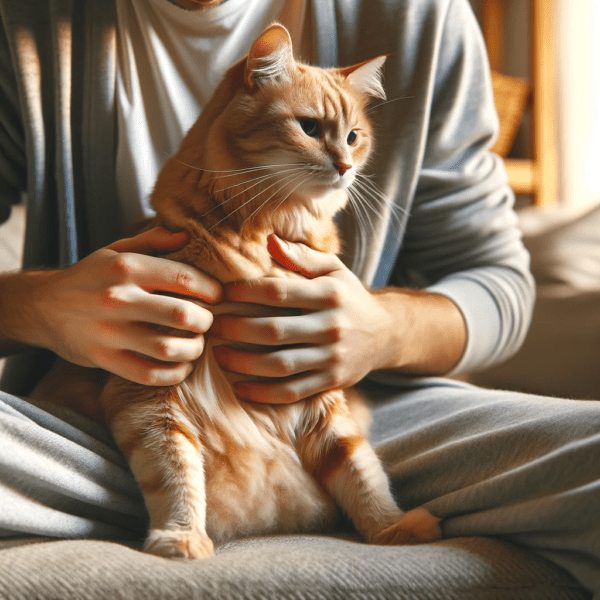

Identifying Hiccups
Recognizing hiccups in your ginger cat is important.
It helps you understand what’s happening with them.
When your cat has hiccups, you might hear a soft, repetitive sound. It’s like a quiet “hic” noise. This sound is the main sign of hiccups.
You can also look for physical signs.
Watch for a small, jerky movement in their body.
It’s as if they’re getting a tiny surprise every few seconds.
This movement is the hiccup happening. It’s their diaphragm muscle twitching.
Hiccups in cats are different from coughing or sneezing.
When they cough, it’s a harsher, throaty sound.
Sneezing is a sudden, loud “achoo!” But hiccups?
They are softer and have a rhythm. It’s a steady, gentle “hic, hic, hic.”
These hiccups usually come and go.
They’re like a little dance in their body that doesn’t last long.
So, if you see your ginger cat hiccupping, it’s normal. Just watch them for a bit to make sure they’re okay.
Remember, hiccups are a natural thing for cats.
They might be surprising to see, but they’re just a part of being a cat.
Your ginger cat might not even notice them much. They’re just a quirky part of their day!
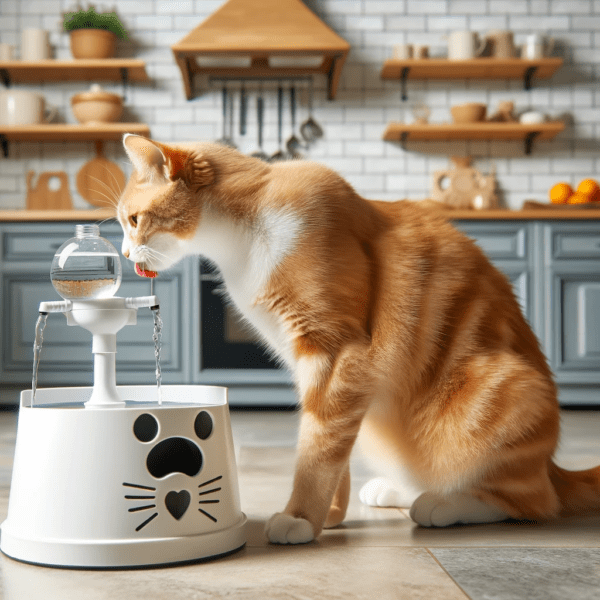

Effective Home Remedies
Relaxation
Stress can lead to hiccups in cats.
To help your cat relax, create a peaceful environment.
Turn on some soft music.
It should be calming, like gentle classical tunes.
Make sure their space is quiet.
Less noise means less stress for them. A calm cat is less likely to get hiccups.
Water
Hydration is important.
Offer your cat fresh water often.
Encourage them to drink slowly.
You can use a special water fountain for cats.
Water helps their diaphragm muscle relax. This can make hiccups stop faster.
Feeding Adjustments
Hiccups can happen after your cat eats.
If they eat too fast, try something different.
Give them smaller meals more often.
This can slow down their eating.
A slower pace means less air swallowed. Less air reduces the chances of hiccups.
Gentle Massage
Try massaging your cat’s chest area.
Do it softly and slowly.
This can calm their diaphragm.
It’s like giving them a comforting hug.
Your gentle touch can make the hiccups go away. Plus, it’s a nice way to bond with your cat.
Play and Distraction
Sometimes, a little playtime helps.
Engage your cat in light play.
Use their favorite toy.
This distraction can ease their hiccups. It shifts their focus from the hiccups to the fun.
Plus, it’s good exercise and stress relief for them.
When to Consult a Vet
While hiccups in cats are often harmless, there are times to be more cautious.
If hiccups keep happening often, pay attention.
Frequent hiccups might be a sign of something else going on.
Watch for changes in how your cat eats.
Are they eating less? Or maybe they’re eating more but seem hungry all the time?
Changes like these are important to notice. They can tell you a lot about your cat’s health.
Breathing difficulties are another sign to watch for.
Is your cat breathing too fast? Do they seem to struggle for air?
This is especially important to notice during or after hiccups.
Long-lasting hiccups are also a concern.
If hiccups don’t stop as they usually do, it’s unusual.
Hiccups should be short. If they go on for a long time, it’s not normal.
In these cases, it’s wise to talk to a vet.
Your vet can check if there’s an underlying health issue.
They can give you advice on what to do next.
Remember, your cat relies on you for their health and well-being.
Keeping an eye on their hiccups helps you take good care of them.
If you’re ever unsure, a vet visit is the best way to be sure. It’s always better to be safe and get expert advice.
Hiccups in ginger cats are typically a minor hiccup in their day.
With these simple home remedies, you can ensure your cat’s comfort and well-being.
Remember, each cat is unique, so observing how your ginger cat responds to these remedies is crucial.
Always prioritize their health and happiness.
Your ginger cat relies on you for care and comfort.
Understanding their health quirks, like hiccups, strengthens your bond and ensures they lead a happy, healthy life.
Keep these tips in mind, and you’ll be well-equipped to handle those little hiccups!
FAQs:
Q: Are hiccups in cats a cause for concern?
A: Generally, hiccups in cats are not a cause for concern.
They are usually harmless and pass quickly.
Q: What triggers hiccups in ginger cats?
A: Common triggers include eating too fast, stress, excitement, or even minor digestive disturbances.
Q: Can I do anything to prevent my cat’s hiccups?
A: Yes, you can slow down their eating pace, provide a calm environment, and ensure they stay hydrated to help prevent hiccups.
Q: How can I tell if my cat’s hiccups are a sign of something serious?
A: Persistent or frequent hiccups, especially if accompanied by changes in eating habits, breathing difficulties, or other unusual behaviors, could indicate an underlying issue.
Consult your vet in these cases.
Q: Is it safe to massage my cat when they have hiccups?
A: Yes, gentle chest massages can be soothing. However, be gentle and watch for signs of discomfort.
Q: How long do cat hiccups usually last?
A: Cat hiccups often last just a few minutes.
They typically stop as suddenly as they start.
Q: Should I change my cat’s diet if they get hiccups often?
A: If hiccups occur frequently after eating, consider dietary changes like smaller, more frequent meals.
However, consult your vet before making significant changes to your cat’s diet.




